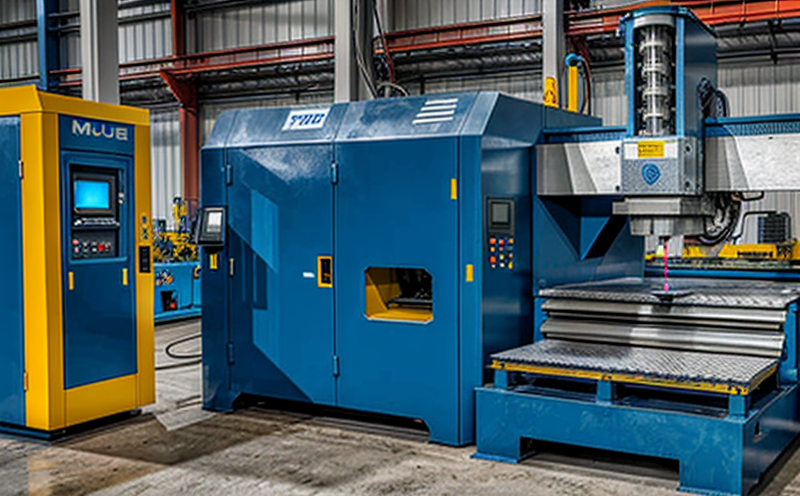Impact of fatigue testing on machine design
The Crucial Role of Fatigue Testing in Machine Design Boosting Efficiency and Safety
In todays fast-paced industrial landscape, manufacturers are under immense pressure to deliver high-quality products while minimizing production costs and maximizing efficiency. However, the ever-increasing demands on machinery can lead to a critical issue fatigue. Prolonged exposure to stress, strain, and vibration can cause equipment to fail prematurely, resulting in costly downtime, reduced productivity, and compromised safety.
What is Fatigue Testing?
Fatigue testing, also known as cyclic loading or endurance testing, simulates the repeated stress cycles that machines are subjected to during their operational lifespan. By subjecting materials or components to controlled loads and strains, fatigue testing enables manufacturers to evaluate a products durability, predict its potential failure modes, and identify areas for improvement.
Why is Fatigue Testing Essential for Businesses?
In todays competitive market, manufacturers cannot afford to overlook the importance of fatigue testing in machine design. By incorporating this laboratory service into their development process, businesses can
Reduce Production Costs Extending equipment lifespan through optimized design reduces replacement costs and minimizes downtime.
Enhance Safety Identifying potential failure points prevents accidents and ensures operator safety.
Improve Efficiency By selecting the most suitable materials and designs, manufacturers can optimize performance and reduce maintenance needs.
Advantages of Using Fatigue Testing on Machine Design
Our fatigue testing services at Eurolab are designed to provide a comprehensive understanding of your products capabilities. Here are some key benefits you can expect from our laboratory expertise
Accurate Material Selection Our team will help you choose the most suitable materials for your application, taking into account factors like strength, durability, and weight.
Customized Design Solutions By analyzing your products specific requirements, well develop tailored designs that meet or exceed industry standards.
Predictive Maintenance Identify potential failure points before they occur, reducing maintenance costs and extending equipment lifespan.
How Fatigue Testing Works
Our fatigue testing process involves several stages
Material Characterization Our experts will analyze your products materials to determine their mechanical properties, including strength, toughness, and fatigue resistance.
Test Design Based on the material characterization results, well design a customized test protocol that simulates real-world loading conditions.
Fatigue Testing Well subject your product or components to controlled loads and strains using our advanced testing equipment.
Data Analysis Our team will analyze the test data to identify trends, patterns, and areas for improvement.
Benefits of Fatigue Testing on Machine Design A Closer Look
Here are some key benefits of incorporating fatigue testing into your machine design process
Increased Reliability By identifying potential failure points, manufacturers can improve product reliability and minimize downtime.
Enhanced Performance Optimized designs that account for material properties lead to improved performance and efficiency.
Reduced Maintenance Costs Predictive maintenance enabled by fatigue testing minimizes repair costs and extends equipment lifespan.
QA Your Questions Answered
Weve compiled some frequently asked questions about fatigue testing to help you better understand the benefits of this laboratory service
Q What types of materials can be tested using fatigue testing?
A Our team can analyze a wide range of materials, including metals, polymers, and composites.
Q How long does the testing process typically take?
A The duration of our tests varies depending on the specific requirements of your product. Contact us to discuss your projects unique needs.
Q Can fatigue testing be used for all types of products?
A Yes, fatigue testing is applicable to a broad range of industries and applications, including aerospace, automotive, medical devices, and consumer goods.
Conclusion
In todays fast-paced industrial landscape, manufacturers must prioritize product durability, safety, and efficiency. Fatigue testing plays a critical role in achieving these goals by predicting material failure modes and enabling optimized design solutions. By leveraging our laboratory expertise at Eurolab, businesses can reduce production costs, enhance safety, and improve efficiency ultimately driving success in their markets.




